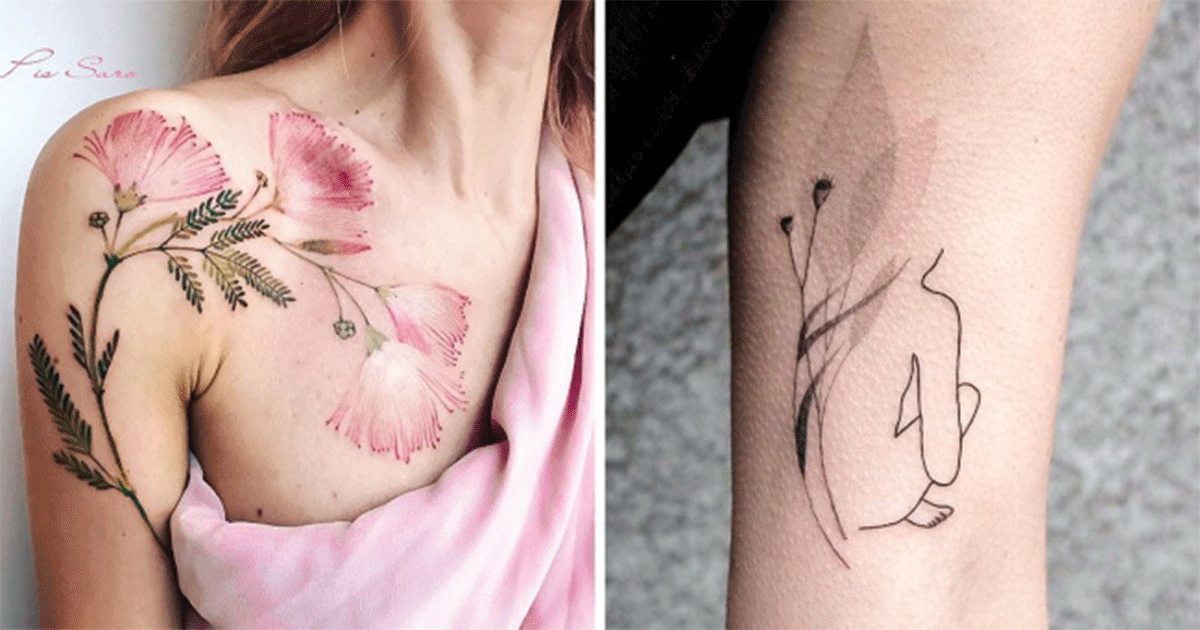Stressed Japanese Women Can Rent Handsome Men to Wipe Away Their Tears at the Office!
Stressed Japanese Women Can Rent Handsome Men to Wipe Away Their Tears at the Office
In the fast-paced, high-pressure work environment that many Japanese professionals endure, stress and emotional strain are all too common. With long hours, demanding deadlines, and societal expectations, it’s no surprise that many find themselves overwhelmed. But Japan, known for its unique and sometimes unconventional solutions, has introduced a new service designed to help stressed-out women cope: renting handsome men to come to the office and wipe away their tears.
This unusual but intriguing service has gained attention for offering emotional comfort in a professional setting. Here’s a closer look at how it works, why it’s popular, and the cultural context behind this phenomenon.
1. How Does the Service Work?
Women can book a session where a handsome man, often referred to as an “ikemen” (a Japanese term for an attractive man), visits their workplace. These men are not just there for eye candy; they come prepared with tissues, kind words, and a sympathetic ear. The idea is that, after a long, stressful day, a woman can let down her guard and allow herself to cry openly, while the rented “comforter” offers emotional support by gently wiping away her tears and providing reassurance.
Sessions can be arranged through agencies specializing in this service, with different packages available depending on the level of emotional support needed.
2. Why Do Japanese Women Turn to This Service?
In Japanese culture, there’s often a strong emphasis on maintaining composure, especially in the workplace. Showing vulnerability, such as crying, can be seen as unprofessional or weak, particularly in male-dominated environments. Many women, therefore, suppress their emotions, leading to increased stress and burnout.
The rented ikemen provide a safe and non-judgmental space where women can express their emotions without fear of repercussion or embarrassment. It’s a form of emotional release that’s often difficult to achieve in everyday professional life.
3. The Role of “Ikemen” in Japanese Culture
Handsome men, or ikemen, hold a special place in Japanese pop culture. From dramas and advertisements to host clubs and entertainment, the idealized image of a caring, charming, and attractive man has become a symbol of emotional fantasy and escapism for many women. The rented ikemen service taps into this fantasy, offering not only physical comfort but also the allure of being cared for by a man who embodies the traits often romanticized in media.
4. Breaking the Stigma Around Emotional Expression
The service, while unconventional, also plays a part in breaking down the stigma surrounding emotional expression in Japan. By offering a formalized, socially accepted way for women to cry and express their feelings, it sends a message that vulnerability is not something to be ashamed of. It creates an environment where women can feel supported rather than judged for their emotional needs.
5. Is This Service Only for Women?
While the primary market for this service is women, the growing focus on mental health and emotional support has led to conversations about whether similar services could be developed for men or other demographics. The notion of providing emotional comfort in a non-judgmental setting could have broader applications in Japan’s high-pressure work culture.
6. Cultural Context: The Pressure of the Japanese Work Environment
Japan’s corporate culture is infamous for its demanding work conditions, with long hours, unpaid overtime (karoshi, or death by overwork), and high expectations for both men and women. For many women, this pressure is compounded by societal expectations around beauty, behavior, and professionalism. These factors contribute to emotional burnout and, in some cases, mental health issues.
The concept of renting a handsome man to offer comfort is, therefore, seen not just as a quirky service but as a reaction to the growing need for emotional relief in a society where professional stress is pervasive.
7. Is It Effective?
While some may view the service as a gimmick, those who use it often report feeling emotionally lighter and more relaxed afterward. The combination of a safe space to cry, along with physical and emotional reassurance, allows many women to recharge emotionally. The mere act of being listened to, comforted, and validated can have a profound impact on reducing stress.
Final Thoughts
The rented ikemen service may seem unusual to outsiders, but it reflects Japan’s creative approach to addressing the emotional needs of its workforce. In a culture where stress, emotional repression, and long working hours are common, the opportunity for emotional relief—even in the form of a rented handsome man—provides a much-needed outlet.
As more attention is brought to mental health and workplace stress, services like these show how cultural needs shape innovative solutions to modern-day problems. Whether seen as a quirky trend or an essential service, renting a handsome man to wipe away tears is part of a broader conversation about the importance of emotional well-being in a demanding professional world.














